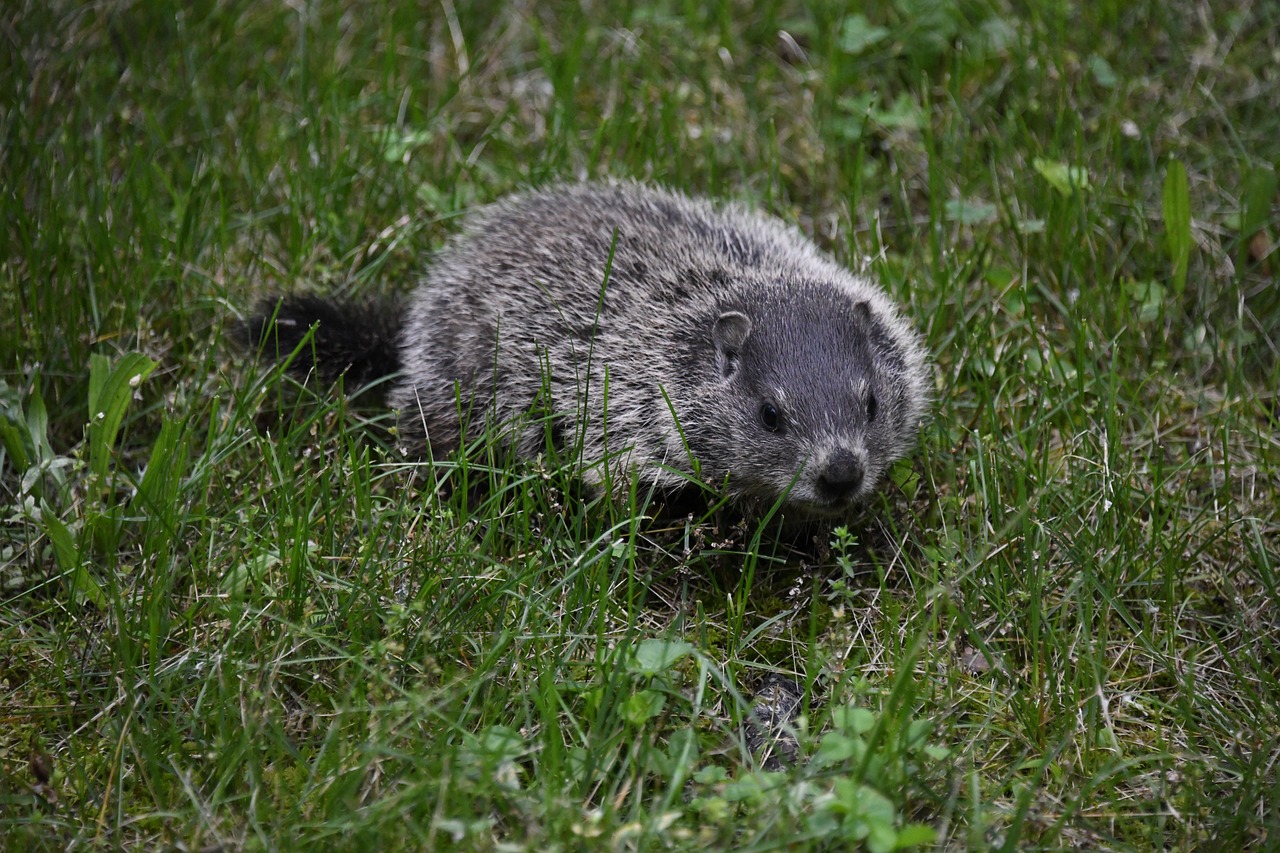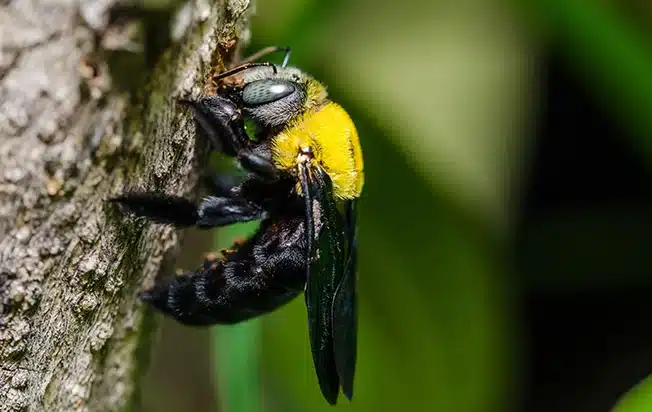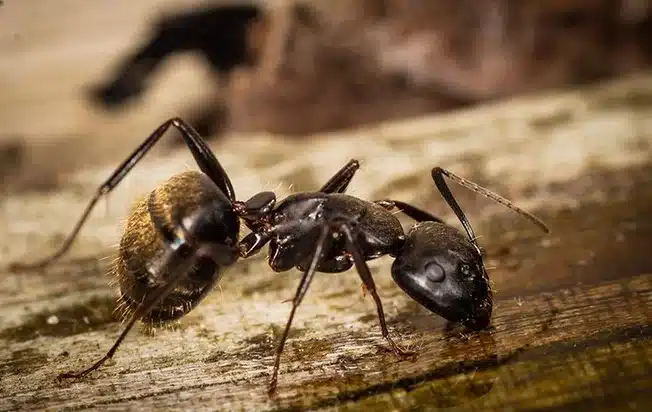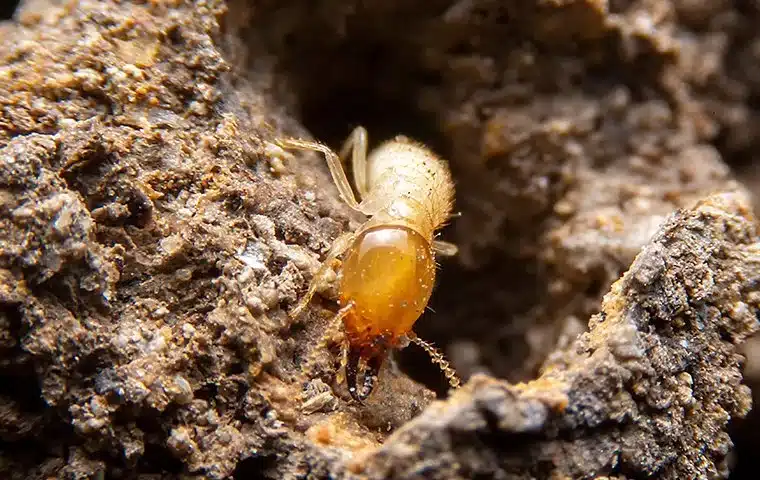Frequently Asked Questions
GET A FREE QUOTE
Get a free, no-obligation quote today!
Get Your Free Quote Today!
Complete the form below to let us know how we can best serve you.
"*" indicates required fields
937-263-6912
EcoPro provides expert service you can trust with an average 5-star rating from all customers.
Your Essential Guide to
Common Pest Control Questions & Concerns
We understand that you may have questions about our pest control services, products, and specific pest issues. To make it easier for you, we’ve organized our most common pest control questions into three distinct sections. Browse through each section to get the information you need, and don’t hesitate to contact us if you have any further questions or need personalized assistance.
Find answers to common inquiries about our services, scheduling, and more.
Learn about the different products we use, their safety, and effectiveness.
Get detailed information on how we handle various pests and the treatments we offer.
Common Questions About Service-Related Inquiries
Do you charge for estimates?
No, we offer free estimates at no charge.
We take pride in providing competitive, affordable pricing and exceptional service, so there’s no hard sell. We’re confident you’ll choose us based on the value and quality we offer!
How soon can I get a treatment scheduled?
Scheduling depends on the type of job and the time of year.
- Stinging insect issues are treated as emergencies, and we aim to schedule those on the same day.
- General pest control services are typically scheduled within two to three days.
- Termite treatments are usually arranged within a week.
Please note that outdoor jobs, such as Pro Shield applications or termite treatments, require dry weather, so they may be rescheduled if wet conditions occur.
Why are follow-up treatments necessary?
Follow-up treatments address the breeding cycle of pests. While the initial treatment kills visible bugs, it doesn’t affect unhatched eggs. Once these eggs hatch, they can continue the infestation cycle if not treated promptly.
Follow-up visits ensure we eliminate new pests before they lay additional eggs, breaking the cycle and providing long-term pest control.
Why should I use professional pest control instead of doing it myself?
While over-the-counter pest control products are readily available for homeowners, they often contain milder chemicals designed for general use.
Professional pest control companies, on the other hand, have access to stronger, more effective chemicals that aren’t available to the public. These professional-grade treatments come with a Safety Data Sheet to ensure safe application and handling.
Additionally, many of the commercial-grade aerosols used by professionals can cost over $30 each, making professional services a cost-effective, affordable, and efficient solution for serious pest problems.
What is an integrated pest management and does my company need one?
Integrated Pest Management (IPM) is a more holistic approach to pest management that does not just spray chemicals but looks at why the pests are there and how to deal with the root cause. It aims to be a more effective, and safer way to deal with pests while also being more economical in the long term. IPM is a series of evaluations, decisions, and controls used to form a plan of action to control a pest issue or maintain a pest-free building.
IPM differs from standard pest control because it addresses the source as well as the problem. IPM generally reduces the amount of potentially hazardous pesticides used and increases the use of eco-friendly methods where possible which does not hurt pollinators and beneficial insects.
Learn more about how our IPM Plan can help your business thrive in a pest-free environment!
Why should I choose a local pest control company over a large one?
Supporting a local company means investing in your community. Local businesses like ours contribute to the local economy, supporting families and other local enterprises.
We treat every client like family, offering personalized service and attention that larger companies often can’t match.
By keeping our operating costs low, we’re able to provide you with exceptional value for money and service that truly cares about your needs.
Why do I need a warranty for pest control services?
A warranty provides peace of mind by ensuring that if the treated pests reappear within a specified period, we will return and retreat your property at no additional cost. This guarantee ensures that you’re fully protected and satisfied with our service, offering ongoing protection against persistent pests without any extra charges.
Do I need a termite warranty?
Even with the best termite treatments available, there’s always a chance that a colony could reappear, requiring a retreatment that can be costly.
A termite warranty not only covers these potential expenses but also includes an annual termite inspection to ensure your property remains protected. If any termite activity is detected during these inspections, the retreatment is completely covered, saving you from unexpected costs.
A termite warranty is a valuable investment for long-term peace of mind and protection.
Why do you ask for reviews?
Reviews are crucial for our online presence. They signal to search engines like Google that we are active and delivering quality service. Positive reviews help improve our search rankings, making it easier for others to find us when they search for pest control services.
Your feedback not only supports our business but also helps others make informed decisions.
What locations do you service?
EcoPro Termite & Pest proudly serves Dayton, OH, and surrounding areas, providing customized pest control services for both residential and commercial properties. Check out our full list of areas we service.
What types of pests do you treat and control?
We handle a wide range of pests, including: termites, ants, cockroaches, bed bugs, mosquitoes & stinging insects (like wasps, hornets, yellow jackets, and carpenter bees), as well as rodents, clover mites, dust mites, flies, earwigs, and powder post beetles.
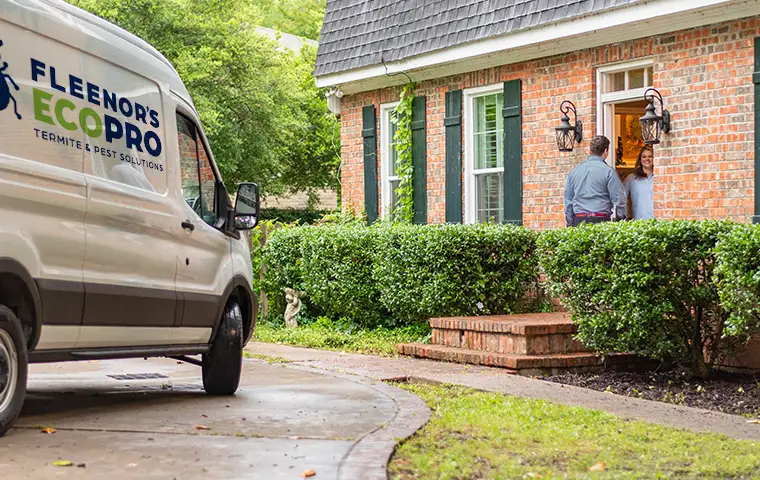

Common Questions About Pest Control Products


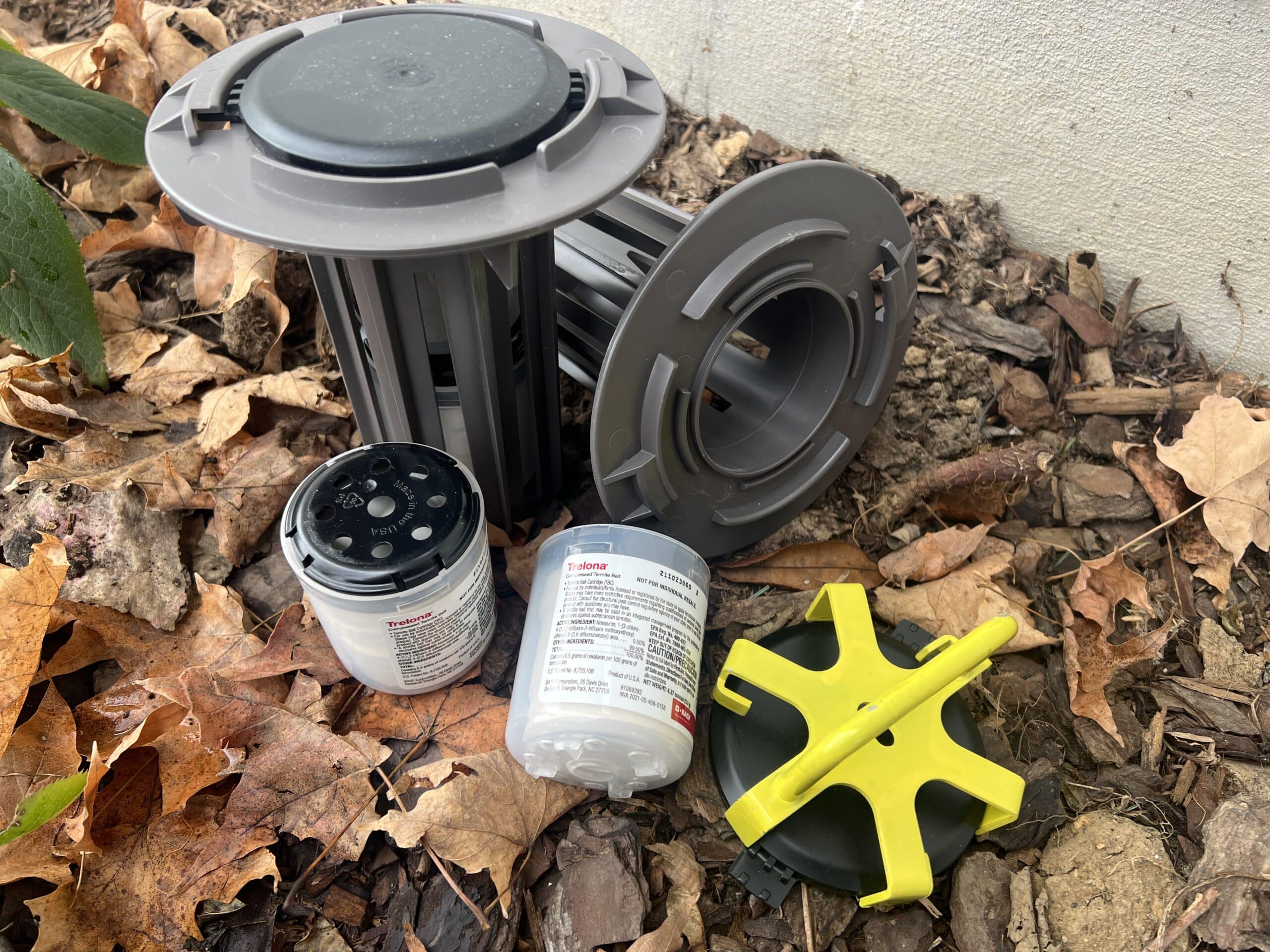
How long does it take for pesticide sprays to dry?
Most non-aerosol pesticide sprays are water-based and dry quickly, making them safe within short periods of time.
- Indoor applications typically dry to the touch within 10 – 15 minutes, though sometimes may take up to 30 minutes.
- Outdoor sprays (including ProShield) dry in about 30 minutes on a sunny day. On damp days, drying can take up to 60 minutes.
Are pesticide sprays safe around pets or children?
Most pesticide sprays are safe once they have dried. It’s important to prevent pets from licking treated surfaces excessively.
We also prioritize eco-friendly solutions whenever possible. For example, our mosquito treatments use a garlic-based repellent that is effective in reducing mosquito activity while being environmentally safe.
Among our Eco-Friendly solutions, we offer a selection of pesticides made from herbs like lavender, mint, and a botanical blend, providing effective pest control without compromising the safety of your loved ones.
How can I find out which chemicals were used for my treatment?
The chemicals used in your treatment are detailed on your invoice. It includes links to the product labels and the manufacturer’s safety data sheets for your reference. This ensures you have all the information you need about the treatments applied.
What are my termite treatment options?
When it comes to termite treatments, there are 3 main options: Taurus, Termidor, and Trelona.
- Taurus and Termidor are both highly effective at eradicating termites by creating a chemical barrier that poisons them.
- Trelona Stations (bait stations) use an attractant to lure termites to the bait.
While both methods work equally well (chemical vs bait) in eliminating termites, Trelona Stations offer a more eco-friendly alternative and are less expensive to install. However, they do require annual maintenance to ensure continued effectiveness.
Read more about the termite solutions EcoPro offers.
Have more questions about termites? Check out our Termite FAQ.
How does EcoPro control mosquitoes?
Our technicians identify mosquito breeding grounds and treat shrubs and outdoor areas with a garlic-based repellent that reduces mosquito activity naturally and safely.
Common Questions About Specific Pests
Do poisoned mice affect other animals?
Traditional rodent baits can pose risks to other wildlife, as they may kill not only the mouse but also any bird or predator that consumes it.
We offer a rodent bait designed to limit the impact to just the rodent, ensuring that animals such as cats or birds that might eat a poisoned mouse experience minimal effects, typically feeling unwell for a day or two but surviving. This targeted approach helps protect the broader ecosystem.
How should I prepare for a flea treatment?
Effective flea eradication requires your cooperation. To ensure a thorough treatment, please provide full access to all flooring in your home, as fleas primarily travel through these areas. Proper preparation helps maximize the effectiveness of the treatment, saving you both time and money.
How do I know if I have a termite problem?
Signs of a termite infestation include hollow-sounding wood, visible mud tubes, discarded wings, and wood damage near windows, doors, or foundation areas. Check out some visible signs of termite damage to get an idea of what to keep an eye out for!
How can I control mosquitoes around my home?
Mosquito control involves eliminating sources of standing water (which is where they breed), treating shrubs and exterior areas, and using eco-friendly repellents like our garlic-based solution.
What’s the difference between wasps, hornets, and yellow jackets?
- Wasps: Less aggressive and generally non-aggressive unless their nest is threatened.
- Yellow Jackets: Extremely aggressive and territorial, often found in ground nests or attics.
- Hornets: The most aggressive of the three, capable of calling for reinforcements if disturbed.
Stings from these insects can be painful and, in some cases, life-threatening for people with allergies. Yellow jackets and hornets are particularly aggressive and may sting multiple times.
How dangerous are stinging insects like hornets, wasps, and yellow jackets?
Stings from these insects can be painful and, in some cases, life-threatening for people with allergies. Yellow jackets and hornets are particularly aggressive and may sting multiple times.
Should I try to remove a stinging insect nest on my own?
It’s best to call a professional. Yellow jackets, hornets, and paper wasps can become aggressive when their nests are disturbed. Our technicians have the proper equipment, like bee suits and ladders, to safely remove nests.
What should I do if I find a honeybee nest on my property?
We never recommend using insecticide on honeybees, unless you are in a life-threatening situation. Honeybee populations are declining annually and as a species are facing extinction. All too often little or no thought is given to the fact that they help pollinate crops and plants that supply our food chain across the globe. Without the humble “bumble” bee its possible that millions of the worlds inhabitants could face starvation in years to come.
If you have an invasive honeybee nest in or around your Ohio home and want the bees saved and relocated, this link will help you find a state of Ohio registered beekeeper who specializes in saving bee colonies: Ohio State Beekeepers Association Swarm Removal.
How do I know if I have a carpenter bee problem?
Look for small, round half-inch holes in wood with sawdust piles below. Carpenter bees bore holes into wood to create nests for their young.
How are carpenter ants different from regular ants?
Unlike pavement ants, carpenter ants destroy wood structures by tunneling through them. They are often found in moist or damaged wood around doors, windows, and foundations.
You may notice piles of wood shavings (similar to sawdust) near wooden areas or hear faint rustling sounds inside walls. Carpenter ants often forage for food at night.
How do I prevent carpenter ants from invading my home?
Keep wood piles away from your home, trim overhanging tree branches, and remove any water-damaged wood. If you suspect an infestation, contact EcoPro for a treatment plan.
How do I know if I have bed bugs?
Look for small, reddish-brown bugs (about the size of an apple seed) on bedding, furniture, and mattresses. You may also see tiny blood stains or black fecal spots on sheets.
Bed bugs are excellent hitchhikers. They can attach to your luggage, clothing, or used furniture and enter your home. Hotels, cinemas, and public transportation are common hotspots for picking up bed bugs. Read more about bed bugs in our blog.
What are clover mites, and why are they in my home?
Clover mites are tiny red, green, or brown mites that sometimes enter homes in large numbers. They often seek shelter indoors when their outdoor food sources dry up or during the fall as temperatures drop.
Clover mites are a nuisance but do not bite or pose health risks. However, if crushed, they can leave red stains on walls, floors, and furniture.
Sealing entry points and removing vegetation close to your home’s foundation can prevent clover mites. If you experience an infestation, call EcoPro for professional treatment.
What are dust mites, and why are they a problem?
Dust mites are microscopic organisms that feed on dead skin cells. They thrive in bedding, carpets, and upholstered furniture. Their presence can trigger allergies and asthma.
Dust mites are invisible to the naked eye, but if you or your family experience allergy symptoms like sneezing, runny nose, or itchy eyes, you may have a dust mite issue.
Wash bedding, pillows, and soft furnishings regularly in hot water. Vacuum and clean carpets frequently, and consider using allergen-proof mattress and pillow covers.
Do earwigs really crawl into peoples' ears?
No, that’s a myth! Earwigs do not seek out human ears. They are harmless to humans and prefer to hide in moist, dark places.
Read all bout earwigs and what to do about them in our blog!
Why do I have flies in my home?
Flies are often a symptom of an underlying issue, like decaying food, poor sanitation, or malfunctioning drains. Identifying and addressing the root cause is key to effective control. Check out how to keep flies out of your home for good!
What are powder post beetles, and how do they damage wood?
Powder post beetles are wood-boring insects that tunnel through wood, leaving tiny holes and fine dust behind. Their activity weakens wood structures over time.
Look for small holes in wood with a powdery residue nearby. These signs indicate active infestations that require professional treatment.
Termites are a common concern in the Dayton area. Get answers to your questions by exploring our Termite FAQ!
Still have questions?
Reach out to us today for expert assistance!

